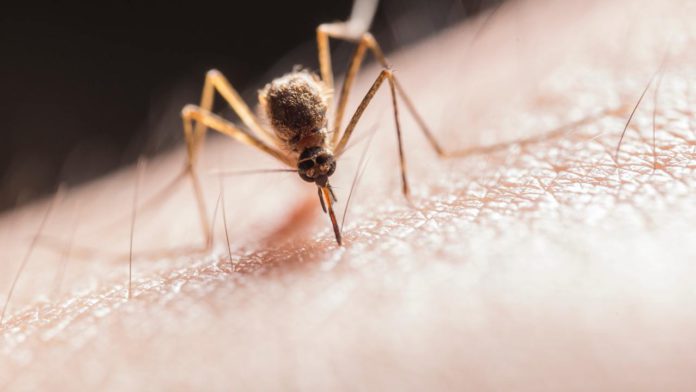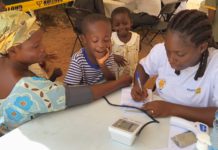
An expert in malaria research, Professor Kwadwo Ansah Koram, has advised people to first test for malaria before treatment.
He said that although the current national policy on malaria indicated that a person should test before treatment, some people were treating the disease without testing.
Prof. Koram described such a practice as not good for the nation’s malaria eradication effort.
The expert, who is a former Director of the Noguchi Memorial Institute for Medical Research (NMIMR), gave the advice at the fourth lecture of NMIMR, which forms part of the institute’s 45th anniversary celebration on the theme: “45 years of impactful research for sustainable global health”.
He was speaking on the topic: “Malaria research and impact in Ghana.”
Prof. Koram is also an epidemiologist with nearly three decades of research experience in malaria epidemiology and public health, including trials of novel interventions against malaria, establishment of programmes for therapeutic efficacy monitoring and drug resistance, which continue to provide evidence for drug treatment policy in the country.
Significance
Prof. Koram further said that testing before treatment helped health practitioners to know exactly what they were treating.

“In fact, it’s test, treat and track. So after treatment, we also check whether we have been able to clear the parasite. And if the parasite is not gone, why is it not gone?”.
“Basically, that’s what the elimination programme now is recommending,” he said.
The expert mentioned areas the country was doing well in malaria elimination to include the use of bed nets, new drugs and spraying.
He said malaria was one of the biggest health challenges facing the country, and a major public health concern globally, as well.
Eliminating malaria
On what people can do to eliminate malaria, Prof. Koram suggested they reduce the breeding places of mosquitoes around their homes.
He also called on young researchers to do further studies on malaria since there were a lot of areas they could explore, such as behaviour of the mosquito.
The expert traced the history of malaria research at the NMIMR and the works that had been done by others before and after him.
NMIMR contribution
The acting Director of NMIMR, Professor Michael Ofori, said since the inception of the institute, it had done a lot of work in malaria research, adding that the control, elimination and management of malaria in Ghana could not be written without mentioning the institute.
He mentioned other activities lined up for the anniversary celebration to include a symposium and panel discussion.
The institute was set up as semi-autonomous in 1979 by the Japanese government in honour of a distinguished Japanese researcher, Dr Hideyo Noguchi, who conducted research on yellow fever in Ghana but died from the disease in the country in 1928.
It is currently the leading biomedical research facility in the country.





